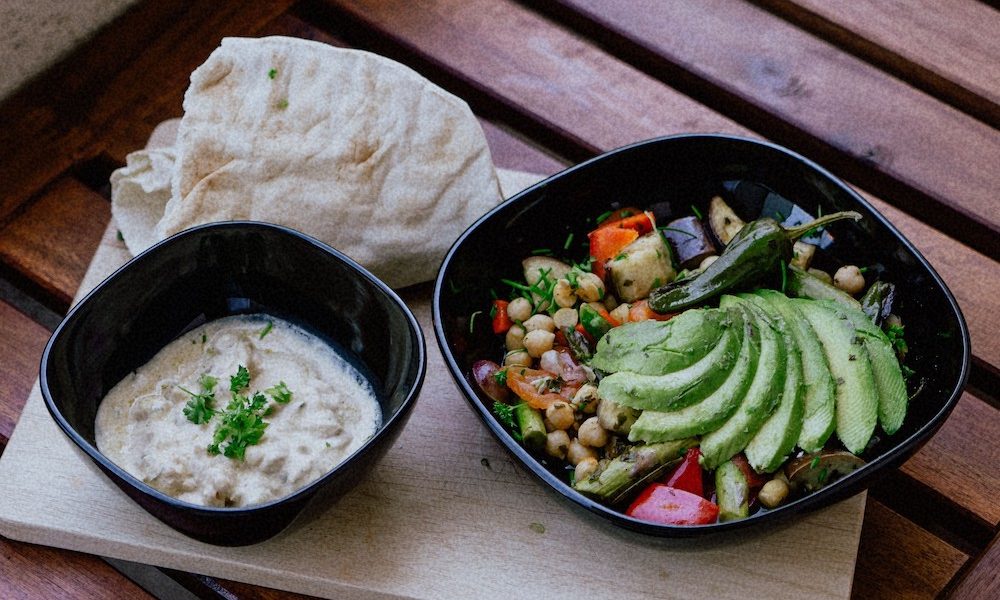The pursuit of perfectionism is a common theme for those who succumb to diet culture. Understand how it may be harming your health, and what to focus on instead.
BY: KATHERINE METZELAAR, MSN, RDN, CD
Perfectionism and dieting are inextricable, like two peas in a pod.
Many people who find themselves in the constant pursuit of trying to “get it right” are often the same individuals who become a prime target for adopting rules, guidelines, and restrictions.
Most of these rules make up the foundation of diets.
These are also the same individuals who may find themselves stuck dieting and not even realize it. When the expectation of “doing” makes it hard to step into the “being” of life, it can feel foreign to take a moment to reflect on your tendencies.
In particular, the perfectionistic tendencies can lead you to feel like no matter what you do or how much you accomplish, you are never enough. Here are a few things to be aware of when your perfectionism is harming your health.
1. Rules must be followed to a tee.
Perfectionist tendencies can push you to pursue and prioritize being the best at something, even when it comes at the cost of your own well-being. It’s the kind that wants you to follow rules very strictly, leaving no room for error.
In particular, it becomes problematic when it carries over and is applied to your relationship with food and body. This is because it becomes an endless pursuit of an impossible ideal. Many current-day examples of dieting have been co-opted by wellness culture, and are touted as “healthy lifestyles”. In reality, they are diets with different fancy marketing terms.
Some examples of this are: the clean eating diet, the Paleo diet, the keto diet, the intermittent fasting diet, the vegan diet, the sugar-free diet, the dairy-free or gluten-free diet (barring any allergies), and the low-carb diet. The commonality between these restrictive diets is that they demand a degree of perfection. This, combined with your own inclinations towards perfectionism, makes for a perfect storm.
2. You’re focused on being “right” all the time.
In the pursuit of trying to get it “right” and figuring out how to do it “best”, you may find yourself feeling as if you’re stuck on a hamster wheel. Your hamster wheel may represent restricting food, attempting to control your body weight, over-exercising or moving your body in ways you hate, trying to eat just the right portions, taking just the exact amount of supplements, or avoiding “unhealthy” foods because you’re worried they’ll cause permanent harm.
In other words, you’re constantly chasing after a goal or outcome, but never feel like you actually get there. That leaves you feeling confused and exhausted.
3. You never feel like you’re enough.
Diets offer the facade of perfect health and community in exchange for compliance, diligence, and credence, but at what cost?
They perpetuate the idea that there is a place where you will end up, where you’ll be happy and content. Everything will make sense, and you’ll thrive in a paradise of health and happiness. But that never happens, or if in the very rare case it does, it’s fleeting and temporary. You know this because you have been there. No matter how small your body size gets, no matter how long it stays there, no matter how controlled your eating is – it still is never enough. Your struggles with food and your body become a never-ending quest to protect yourself from the misguided notion that you will suffer if you don’t live in a smaller body.
Remember, a life without diet rules and a constant pursuit of fixing, changing, substituting, measuring, and cutting out foods can exist. By practicing and adapting to a non-diet, weight-neutral approach to health, you can loosen the binds of perfection and let go of this society-imposed ideal over time.
Through a more compassionate lens that helps you approach food and your body with kindness and curiosity, you can step away from the pursuit of perfection –
And towards being more human.
Adapted from the original article.
HEADER IMAGE: KEVIN MCCUTCHEON
Katherine Metzelaar, MSN, RDN, CD is the owner of Bravespace Nutrition, a private Nutrition practice in Seattle, WA. She specializes in disordered eating, eating disorders, and body Image healing. She is passionate about size diversity and equality, and helps women to find food freedom free from perfectionism.


Wow, incredible blog layout! How long have you been blogging for?
you made blogging look easy. The overall look of your web
site is fantastic, let alone the content!